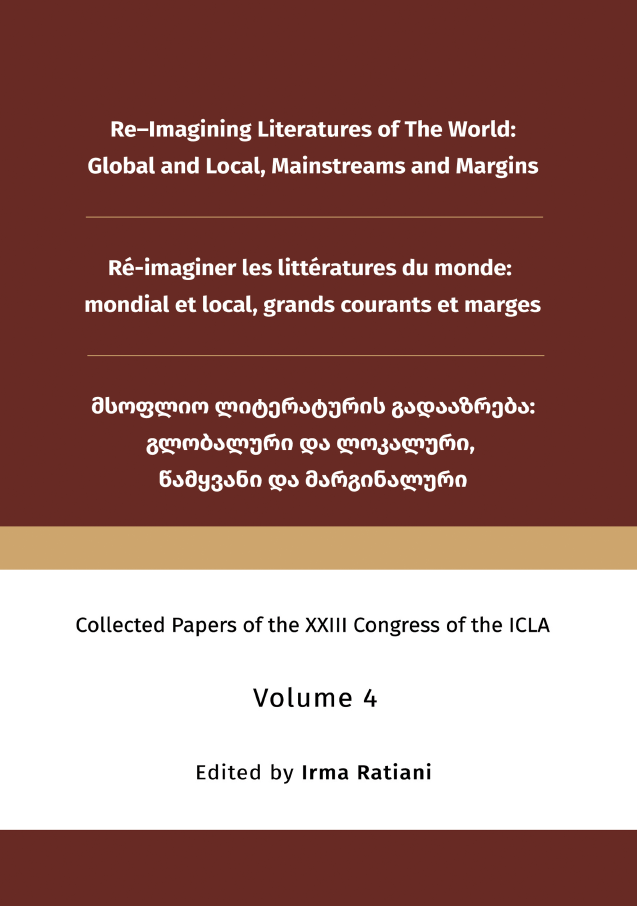Elegy and the Melancholic Public from “9/11” to “Trumpland”: Ayad Akhtar’s Homeland Elegies in Context
Main Article Content
Abstract
This paper examines why and how the genre and tropes of the elegy have returned to US literature and culture in recent decades, namely after the terrorist attacks of “9/11” in 2001 and in the aftermath of the 2008 financial crisis. It starts by referring to different works which make use of elegiac narratives and aesthetics to comment on social and political contexts in the US: works that emerged after the 11th of September 2001 such as Mohsin Hamid Reluctant Fundamentalist (2005) and others written after the economic recession, such as Hillbilly Elegy: A Memoir of a Family and Culture in Crisis by J. D. Vance (2016) and Nomadland by Chloé Zhao (2017). The paper will, thus, analyse in more depth Ayad Akhtar’s acclaimed novel, Homeland Elegies (2020), a book that fictionalizes biographical elements in order to comment on the economic and social changes experienced by the United States during the last five decades. The paper will demonstrate how, in this novel, the elegy is both a work or mourning and a critical examination of the zeitgeist of the last two decades in the US, which pays particular attention to the aftermath of “9/11,” the impact of the economic recession and the social climate in the USA during Donald Trump’s 2016 presidential campaign.
